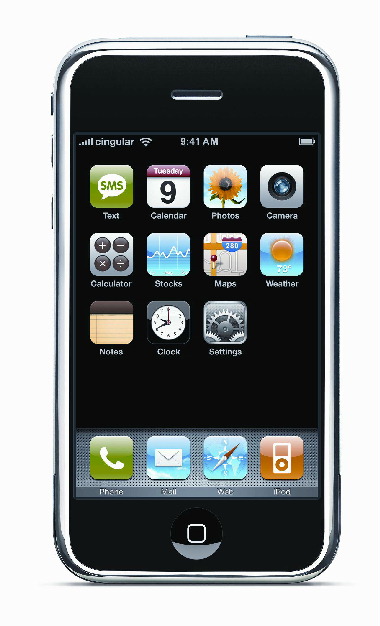iPhone unlocks demonstrate promise of Android


Bernstein analyst Toni Sacconaghi emphasizes the potential losses by Apple in AT&T kickbacks arising from this.
Our own Tom Krazit thinks all these iPhones are piling up in warehouses somewhere, but that's a pricing issue. The market will clear.
This led me to thinking about the nature of the current handset market, and the possible opportunity this provides to the Open Handset Alliance.
There are currently two models for mobile data clients:
- The temporary model sold by handset makers and the networks, in which you replace the unit every year, and limit what you store on it.
- The iPhone model, an expensive device you keep for years and depend on as you would a laptop PC.
The Open Handset Alliance will produce many different types of devices, but certainly one or more of these devices will compete directly with the iPhone rather than the throwaway handsets.
If one-fourth of iPhone buyers are so desperate for choices that they're unlocking the devices, this means there is enormous unmet demand for a truly open, stable, permanent mobile client solution.
While Google and its partners are emphasizing the word "open," meaning you can run the applications you like and use whatever network you like, I think they're missing the boat if they ignore these other requirements.
Stable and permanent are not words you hear when you're talking to people in the mobile industry these days. They assume people want throwaway phones because that is all they were given.
But Apple will move a minimum of 5 million iPhones by the end of this year. Motley Fool offers a bullish case on what this means in Apple revenues.
You can make the same case, with slightly smaller numbers, for an OHA device which competes with the iPhone.
We're accustomed to thinking of handsets as just that, handsets. We're not used to thinking of them as laptop replacements but, with the iPhone, they increasingly are.
If you're going to move a ton of data through your mobile device, and store a lot of data there, you're no longer talking primarily about a phone. You're talking about a PC.
That's the market I'd like to see us track more closely, the new market the iPhone has discovered. Apple has lost vast new markets before due to its proprietary rigidity. Can we make this one vulnerable as well?